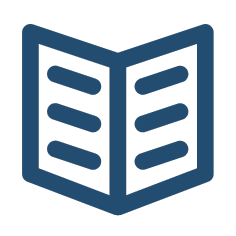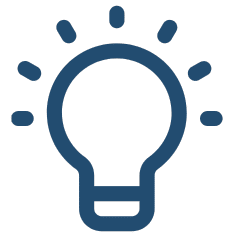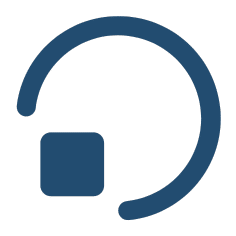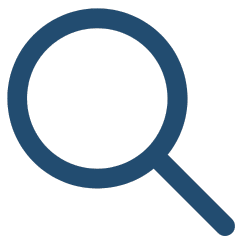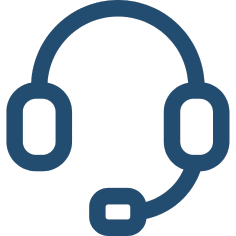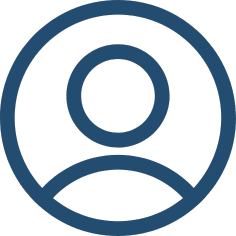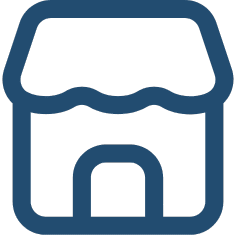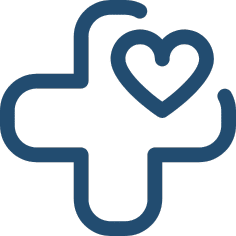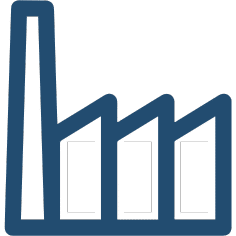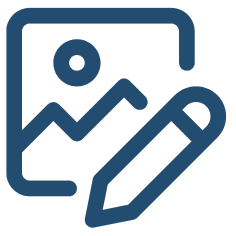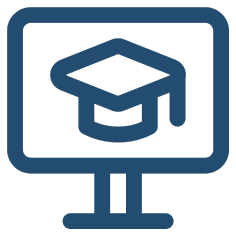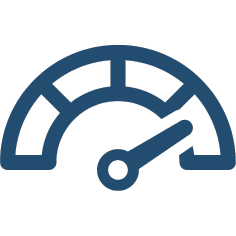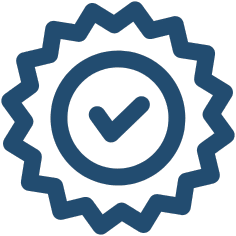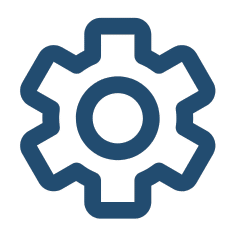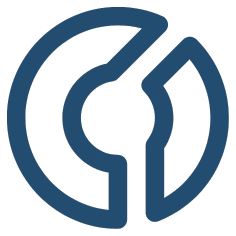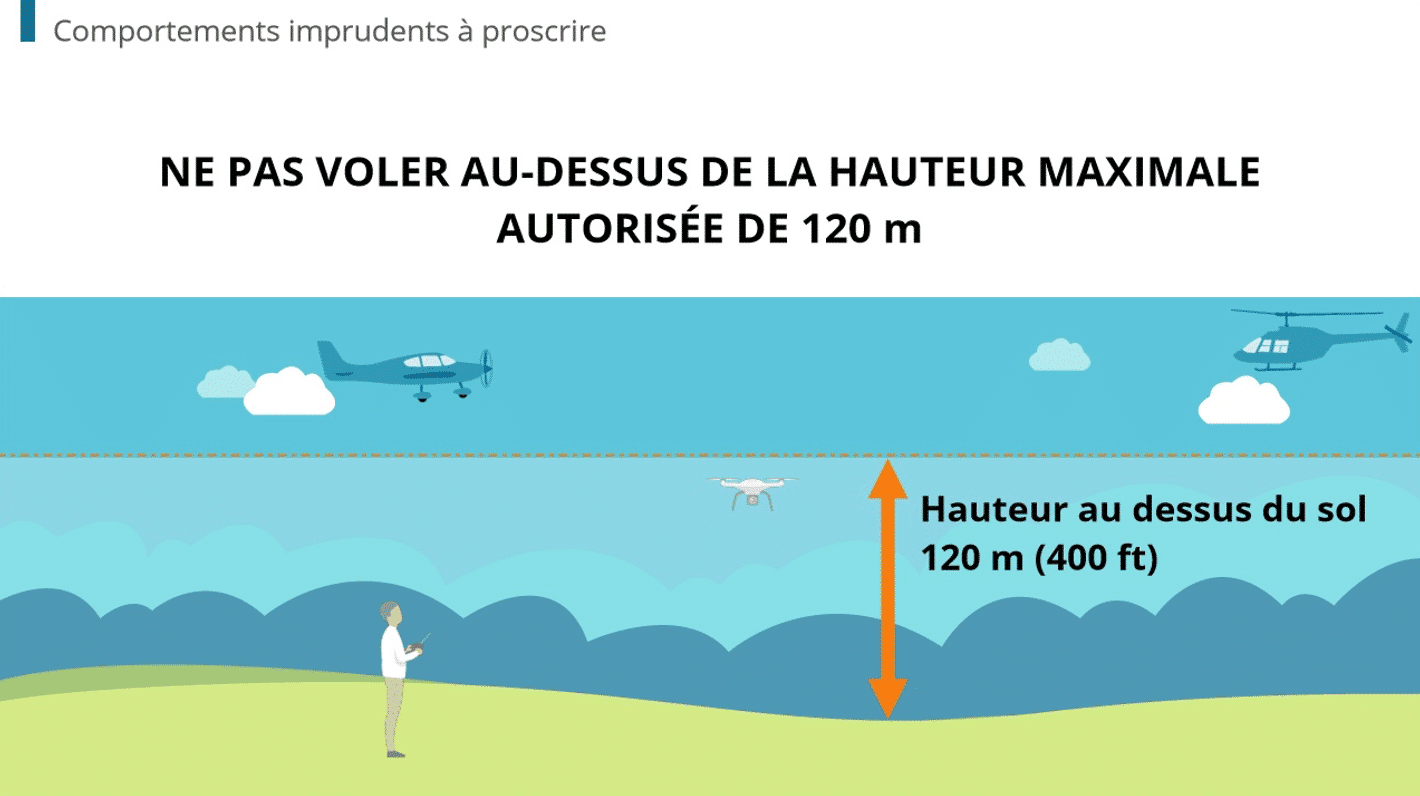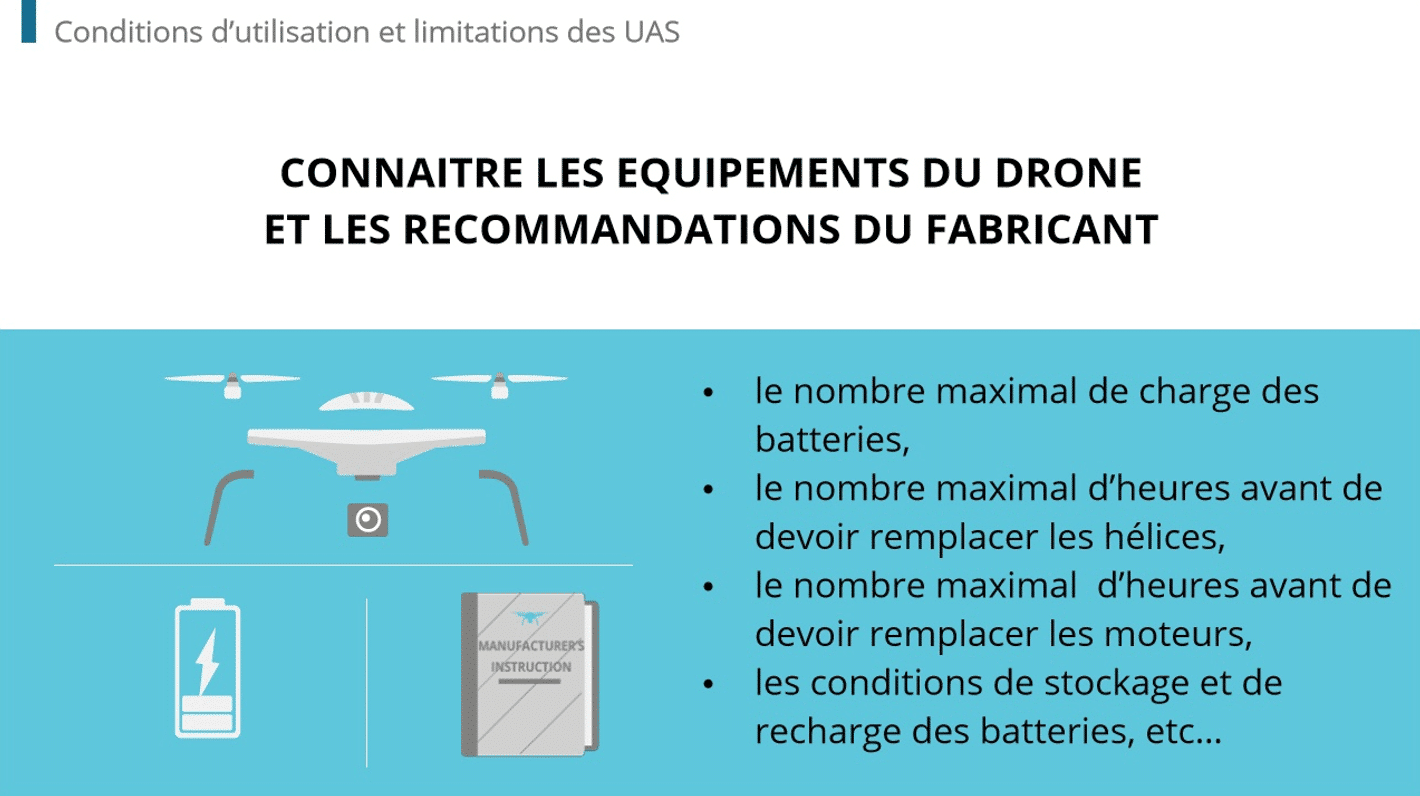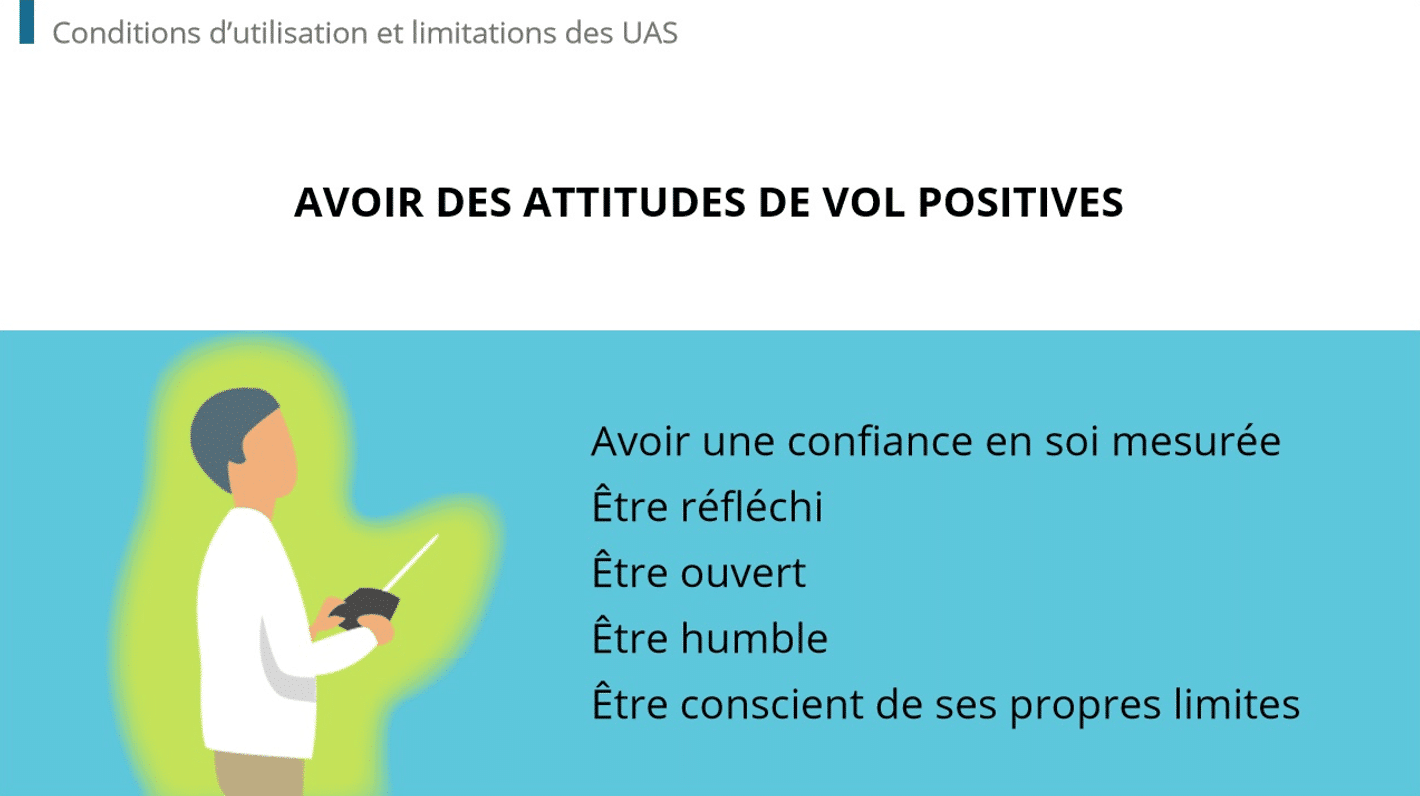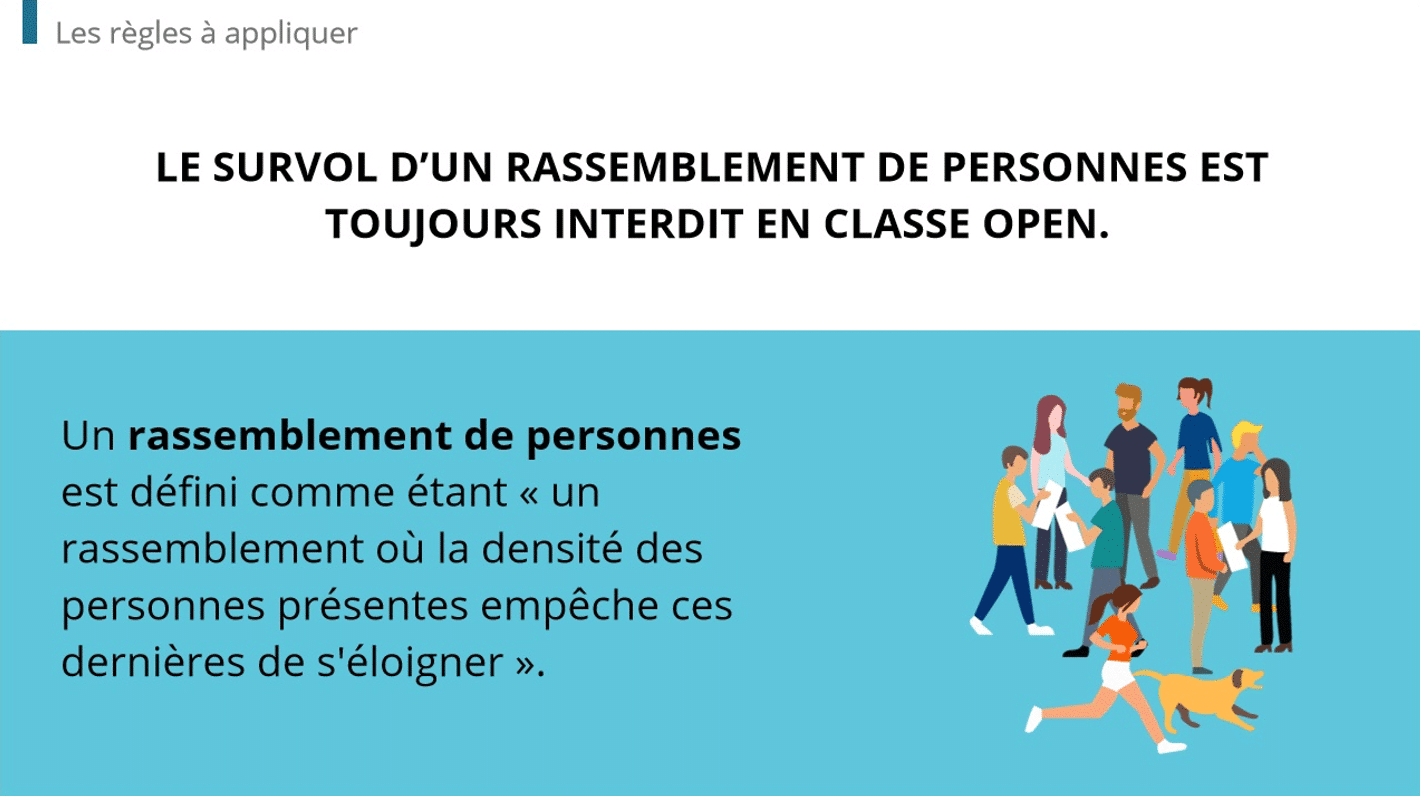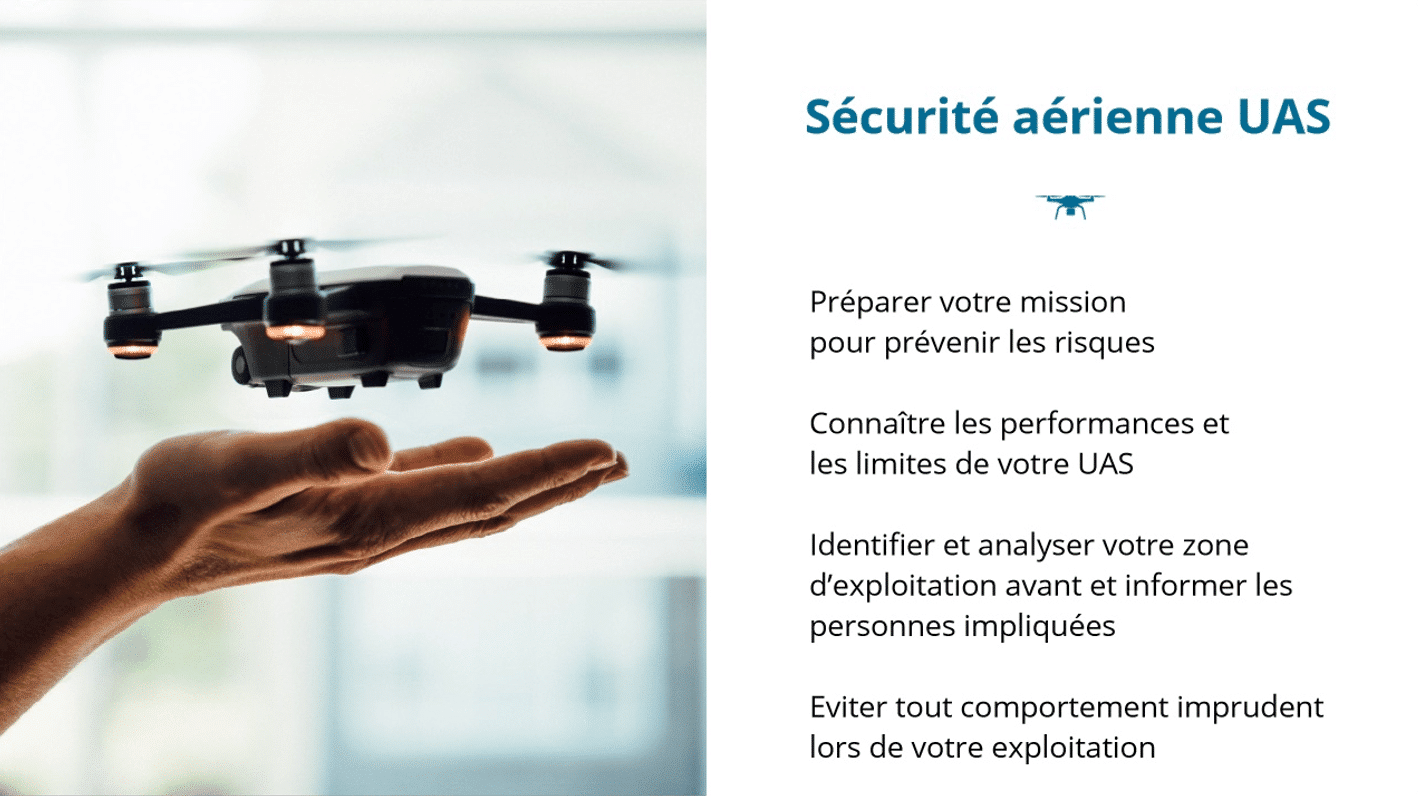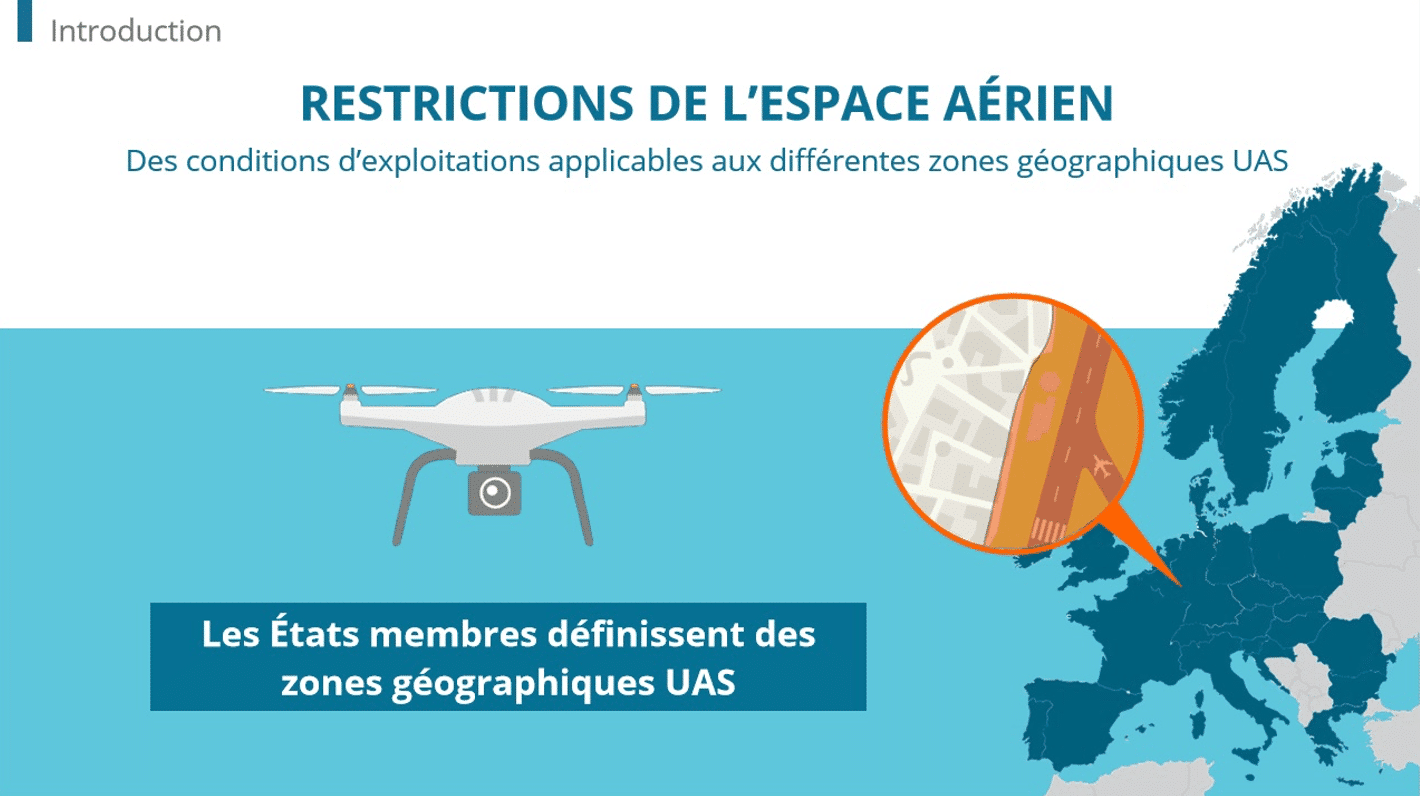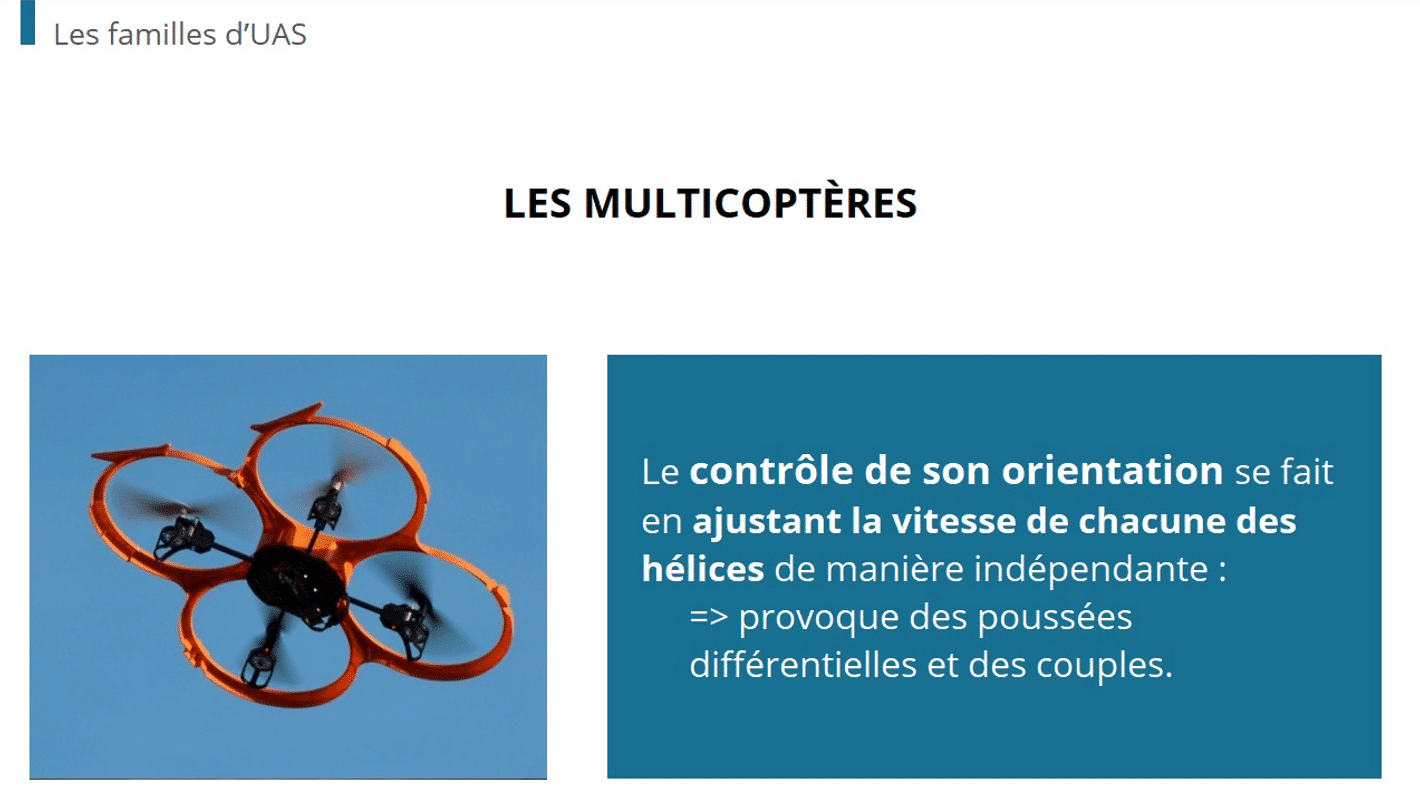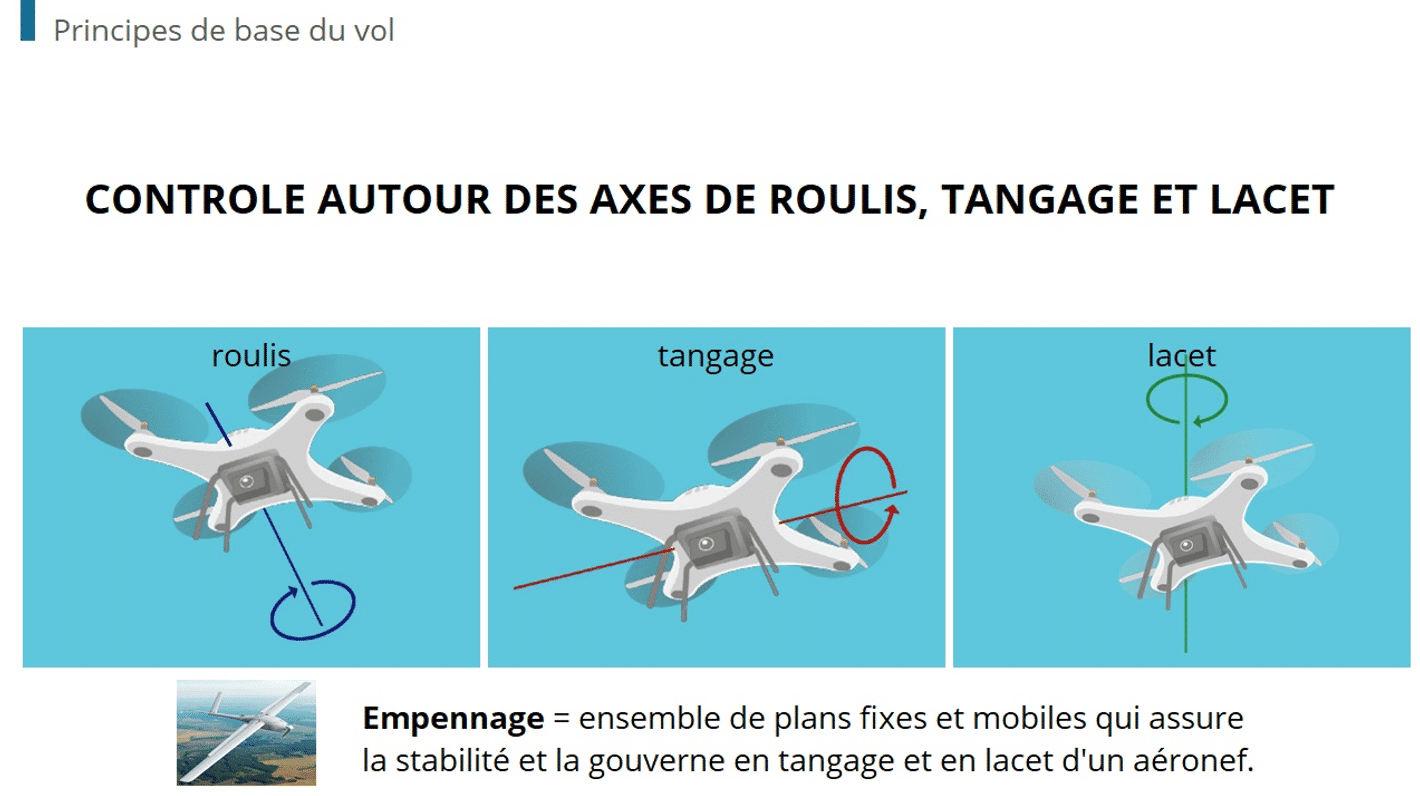Since 2020, the medical affairs industry has grown, with 40% of pharmaceutical companies increasing their medical affairs budgets. These teams play an important role in the medical industry as they bridge the gap between clinical development and commercial operations. Making sure healthcare professionals (HCPs) and other relevant stakeholders receive accurate and up-to-date information.
How have medical affairs roles changed? Modern medical teams have shifted from supporting scientific efforts to becoming strategic leaders. This means that e-learning and knowledge sharing have become essential.
Are you a medical affairs team leader looking for an LMS that supports knowledge sharing? In this article, our quality experts explain how Dokeos LMS empowers training and knowledge sharing.
The Evolving Role of Medical Affairs Teams
Medical teams have always had an important role in bridging the gap between clinical development and commercial businesses. They make sure that healthcare professionals (HCPs) receive accurate and up-to-date information about medical products and therapeutic areas, providing them with the information they need to safely and effectively treat patients.
In the last 5 years, their responsibilities have morphed to include:
- Strategic leadership: managing relationships with key opinion leaders (KOLs), HCPs, and other stakeholders.
- HCP engagement: Adopting omnichannel engagement models and moving beyond traditional brand-focused interactions.
- Compliance and oversight: Drug discovery and medical advancements have become more complex, for e.g., biologics, gene therapies, and mRNA technologies, which have resulted in stricter compliance and regulations.
- Cross-functional collaboration: There has been a shift from siloed Medical Affairs strategies to one that is integrated and personalized for each therapeutic area.
To thrive in their new roles as strategic partners, Medical professionals will need to gain collaborative and adaptive skills while maintaining their technical expertise.
Medical Affairs Teams Face The Following Challenges
The shift in medical affairs roles and responsibilities introduces new challenges that teams will need to address. For instance, teams need to have an in-depth knowledge and understanding of complex medical advancements, as well as have the skills to convert their knowledge into actionable insights for HCPs. Furthermore, as medical advances arise, regulatory authorities have to provide regulations to address these advancements.
Thus, teams need continuous training to maintain compliance and ensure they adhere to regulatory requirements. Teams will need to balance the need for ongoing continued medical education with daily responsibilities.
Dokeos LMS directly addresses these challenges by integrating e-learning and compliance management into the workflows of Medical teams. Making sure they remain compliant, informed, and operationally effective without compromising ethical considerations.
E-Learning Platforms for Medical Affairs Teams
Medical teams can address the challenges of their evolving role through tailored e-learning, such as that offered by Dokeos LMS. These platforms provide:
- Interactive learning modules to enhance engagement and retention.
- Seamless compliance integration ensures adherence to FDA, GxP, and GCP regulatory standards.
- Real-time analytics to identify knowledge gaps, track performance, and measure participation.
- Mobile learning enables teams to have on-the-go access to resources and training programs, ensuring flexibility and adaptability.
- Real-time access to training records, progress reporting, and certification management ensures audit readiness.
How E-learning Supports Medical Teams
Providing teams with quality training helps them provide HCPs and other stakeholders with the correct information they need to make decisions. A Learning Management System (LMS), such as Dokeos, delivers medical affairs teams the following:
- Knowledge consistency: A centralized management platform with features like, multi-language support makes sure all your employees have access to the same resources, regulatory updates, and educational materials. This improves collaboration and knowledge sharing.
- Save time and money: E-learning streamlines training and onboarding, enabling managers and trainers to focus on their key responsibilities within the organization. It also saves the organization resources, as they do not need to conduct in-person training.
- Regulatory Accountability: Dokeos provides built-in compliance tools designed to ensure your team stays up-to-date with current FDA and GCP standards.
- Traceability for non-compliance: Deokes provides complete reporting capabilities, ensuring transparent documentation for all educational activities and adherence to ethical guidelines.
- Accelerated training: Mobile and on-demand courses allow your team to achieve essential skills and knowledge, expediting onboarding and continuous learning.
By using an LMS platform like Dokeos LMS, Medical Affairs teams can enhance efficiency, maintain compliance, and meet the demands of a highly regulated and strategic industry.
Enhance Knowledge Sharing with Dokeos LMS
Knowledge sharing is at the heart of Medical Affairs. Dokeos LMS offers Medical teams with a platform that facilitates their entire training journey. Our platform integrates training with operational workflow, speeding up onboarding, promoting communications, and making sure HCPs have access to educational resources. These features empower teams to deliver accurate, timely, and impactful medical education.
We also offer medical affairs teams advanced analytics tools that provide detailed engagement metrics, HCP participation tracking, educational impact measurement, and an effective analysis training program—allowing you to create and deliver tailored knowledge-sharing.
Experience how Dokeos can empower your medical affairs teams with enhanced knowledge sharing. Start a 14-day free trial today or book a call with a compliance consultant.
FAQs
What is the strategic role of Medical Affairs?
Medical Affairs teams are responsible for breaking down scientific data and distributing information to HCPs and other stakeholders. Medical Affairs professionals have become strategic partners in the medical industry.




